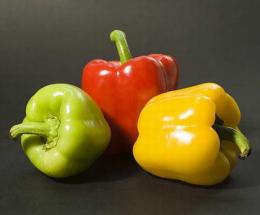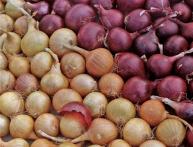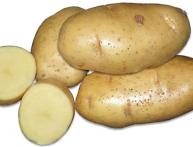Beneficial properties of bell pepper

Bell pepper (or sweet pepper) is one of the most common vegetable crops in our country. It is unpretentious to watering, tolerates both high and low temperatures, bears fruit until frost, is little susceptible to pests... all this makes bell pepper one of the favorite vegetables of our gardeners.
However, not everyone knows the beneficial properties of bell pepper. They are primarily due to the rich vitamin composition of this vegetable. It is no secret that 100 grams of its pulp contains 90 g of water, 1.2 g of protein, 0.3 g of fat and 5 g of healthy carbohydrates, as well as 3.5 g of fiber. The raw pulp of sweet peppers contains many vitamins (vitamin A, E, C, K, P, B vitamins, folic acid, biotin), macro- and microelements (potassium, calcium, magnesium, sodium, sulfur, phosphorus, chlorine, iron , manganese, iodine, copper, zinc, fluorine).
Bell pepper increases human immunity by saturating the body with vitamins, improves the condition of hair and nails, and gives facial skin a healthy appearance. Thanks to the abundance of B vitamins, it will help those who have memory impairment, decreased concentration, and blurred vision. It also helps strengthen the walls of blood vessels. Bell pepper stimulates digestion and improves appetite.
However, you should not get carried away with eating bell peppers if you suffer from the following diseases:
- hypertension;
- disruption of the heart;
- angina pectoris;
- stomach ulcer;
- gastritis with increased acidity of gastric juice;
- haemorrhoids;
- colitis;
- chronic liver and kidney diseases;
- epilepsy.








